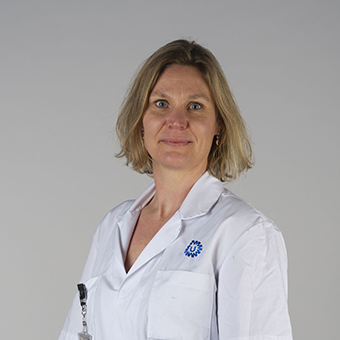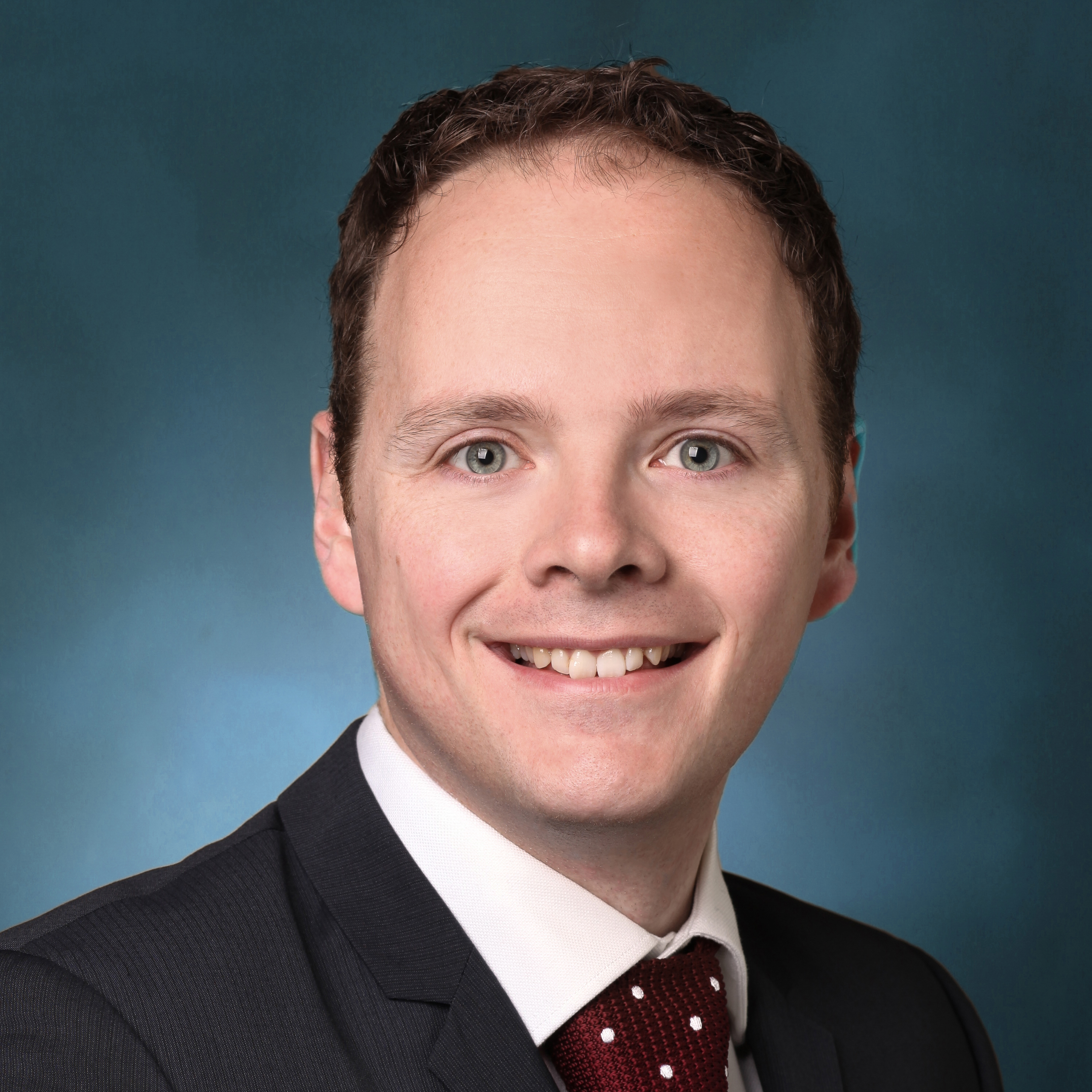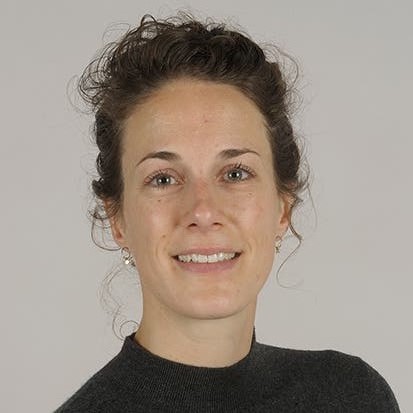Perioperative risk management and monitoring
Perioperative complications, Perioperative monitoring
Research aim
Our research aim is to improve prevention and early detection of complications in surgical patients, in order to reduce morbidity and improve or preserve quality of life, and to develop novel monitoring techniques and advanced AI technology.
About us
Providing sustainable care to (elderly) surgical patients is one of the most important challenges we currently face in perioperative medicine. In the past decades, we reported that accurate prediction of perioperative risks, and early diagnosis and treatment of circulatory and other complications, are key to prevent postoperative organ damage, morbidity and mortality. To be able to continue providing high-quality and sustainable healthcare in the future, advanced prediction models and smart monitoring algorithms to early detect deterioration both in the hospital setting and at home are urgently needed. We therefore will focus on studies to improve risk assessment and joint decision making before surgery, and on initiatives in the field of remote monitoring of vital parameters. We believe we can further build on our already strong position within these fields by taking a pioneering role in the development of novel applications. We will collaborate with partners from our national (e.g., UMC Groningen and Amsterdam UMC, TU Enschede, Eindhoven and Wageningen) and international (e.g., U of Toronto and ESAIC) networks. The group is funded by ZonMW, the EU Horizon program and industrial partners. Part of our group works in the Wilhelmina Children’s Hospital and is cooperating closely with researchers in the hospital’s focus area Child Health. There is a special interest in perioperative organ failure in small children and neonates, and in obstetric anesthesia.




